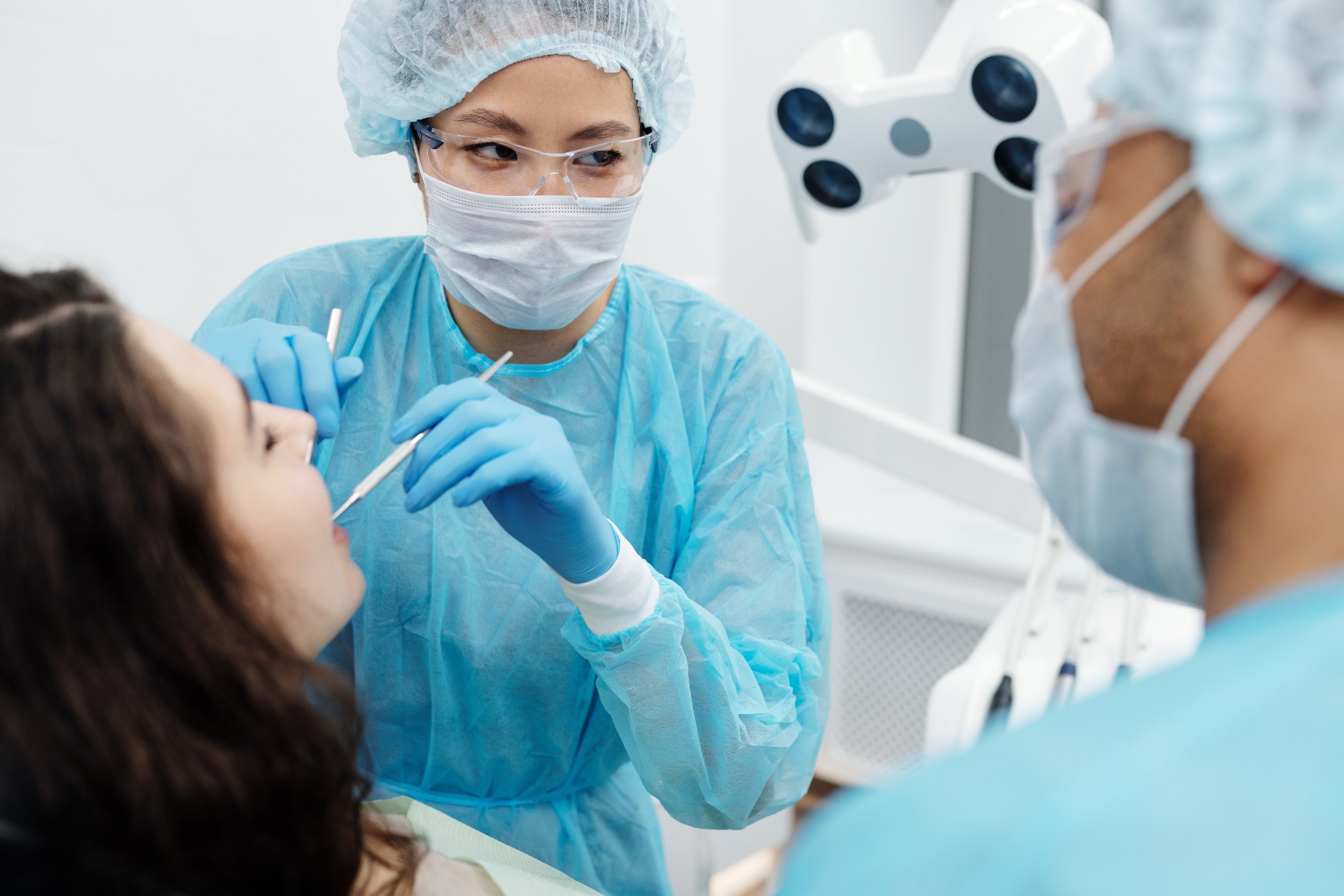It is a well-known fact that sugar is not good for your teeth, but there are many myths that are not reliable. If you continue to consume more sugar, you might end up getting full-mouth reconstruction. Do you want to know the myths and realities associated with sugar and your teeth? If yes, keep reading to satisfy your intellect.
Myths And Realities of Sugar And your Teeth
Your teeth love sugar-free drinks
It is a common notion that sugary drinks are damaging to teeth. We do not deny the fact. But people also think that a sugar-free version of these drinks is fine. Do you really think that you can have as many sugar-free cokes and lemon drinks as you want without having any damaging effect of them on your teeth? Well, it is a myth. Many researchers have found out the damaging effects of coke and diet coke on the teeth of individuals. You may be surprised to know about one such finding. After 14 days of consuming a diet version of coke, it was found that the diet version had done slightly more damage to the tooth enamel as compared to the standard version.
Most sugar-free drinks have phosphoric acid content and citric acid content. These acids are harmful to your teeth, and you can end up getting tooth decay or gum problems. Out of all the drinks, water is the best drink that doesn’t do any damage to your teeth. Experts advise that tea and coffee are, although staining but tooth-friendly. And milk is also considered a tooth-safe drink.
A small dose is better than the big one
What do you think is worse of the two of these scenarios? One huge pudding of cake draped in sugar you can consume in one go or a packet of candies that you can consume throughout the afternoon? You might think that consuming toffees or candies one by one is less damaging, but you can’t be more wrong. Continuously munching on sugary treats can have more damaging effects on your teeth than eating one large pudding.
Whenever you eat sugary food, your mouth forms acid due to the plaque that weakens your tooth enamel. Slowly consuming sweets or sugary food allows these attacks to happen more. Dentists say that if you sip all day, you are risking tooth decay. Thus, think wisely before consuming the sugary treats in small chunks.
It is important to cut down on all sugar
You believe that sugar is bad for your oral hygiene. So, it is best to eliminate sugar and enjoy great dental health. But there is a little problem with your logic. You should follow a holistic approach to your diet and health.
Experts recommend cutting down on refined sugars but not on natural sugars like fructose and lactose, which you get from fruits and dairy. Consuming food items with natural sugars help stabilize your blood sugar level and thereby is beneficial for your overall well-being.
Brushing your teeth immediately after consuming sugar
You should brush immediately after consuming sugary food items. But it is also dependent on the type of sugar you are consuming. If you are taking refined sugar like biscuits, brushing after it is good.
But if you are brushing it after having orange juice, it is not advisable as it pairs with acid and sugar. Consuming something acidic changes the pH level of the mouth. And brushing immediately after juice or meal increases the chances of damaging your tooth enamel. Thus, you should wait at least an hour before brushing your teeth.
The most damaging thing for your teeth is sugar
You cannot deny the fact that sugar is damaging for your teeth in the long run. And its excessive consumption leads to dental problems. Therefore, cut down on refined sugars as much as possible and follow thorough oral hygiene.
Regular dental checkups are also advisable. It will help catch any oral issue in its early stage.
To sum it up
It is important to be mindful of the above myths and realities and stick to good oral hygiene to steer clear of the problems. You should also not neglect the power of routine dental checkups.
Valley Creek Dental Care thrives to offer comprehensive and preventive dental care to make you feel healthy and comfortable. You can search “dental implants near me” to know about our services dental implants if you are experiencing missing teeth. We also offer Invisalign, cosmetic dentistry, wisdom teeth, and many more. Our unmatched professionalism is aligned with the most up-to-date technology of digital dentistry to get you the desired results. We ensure to offer a welcoming environment so that a patient should feel relaxed under our care. Our affordable and long-term solutions make our patients trust us more. You need not worry about any financial barriers as we strive to break down any financial barriers to treatment. Feel free to contact us for more information.






